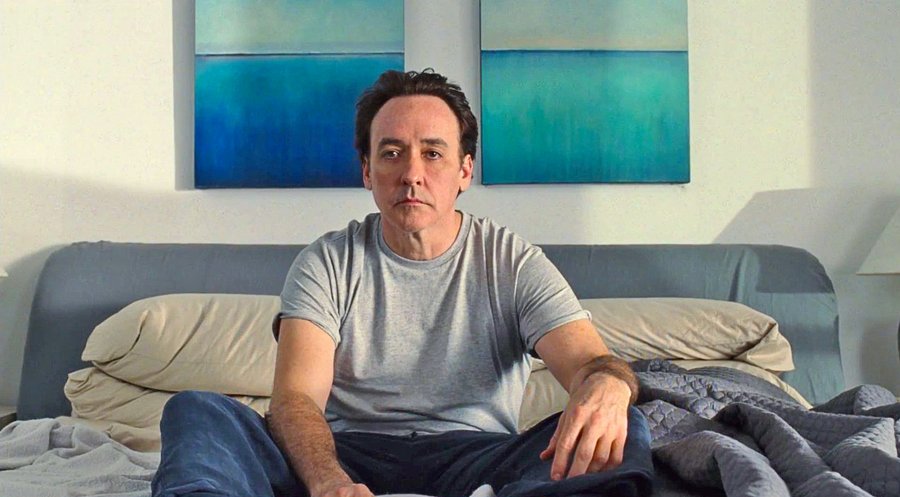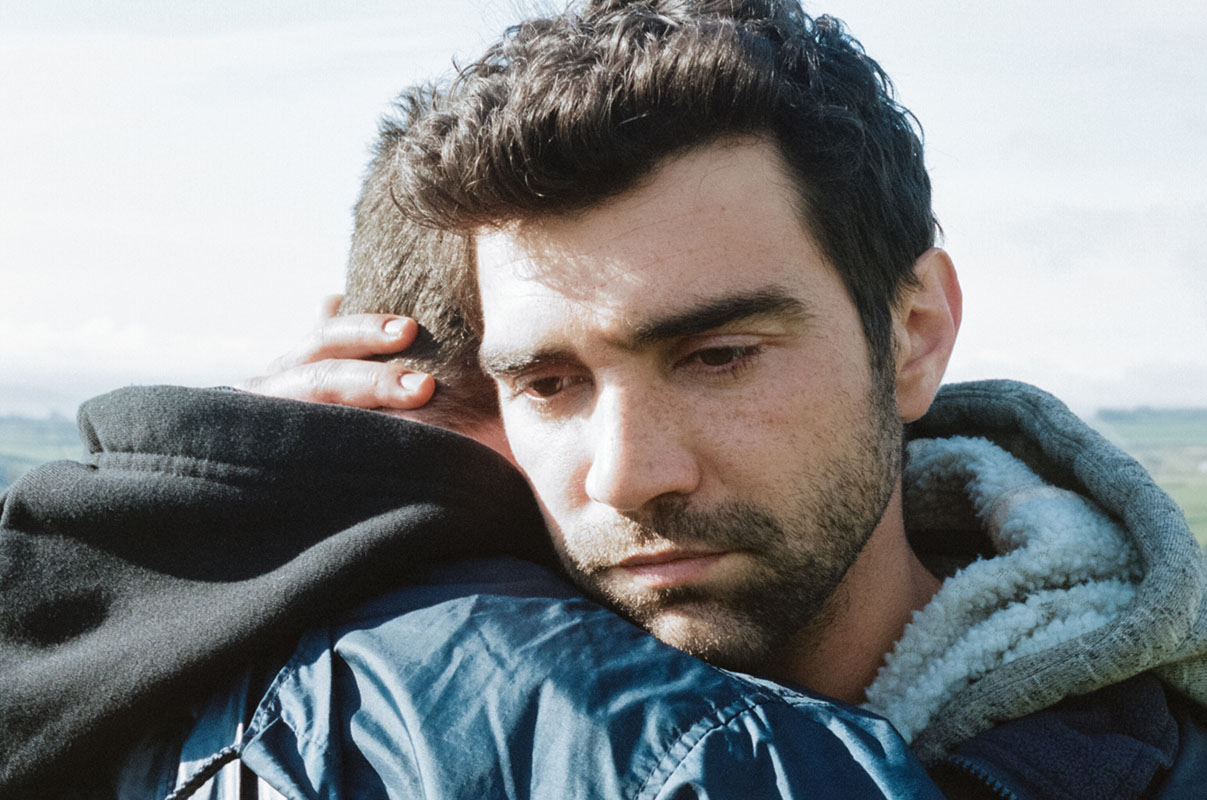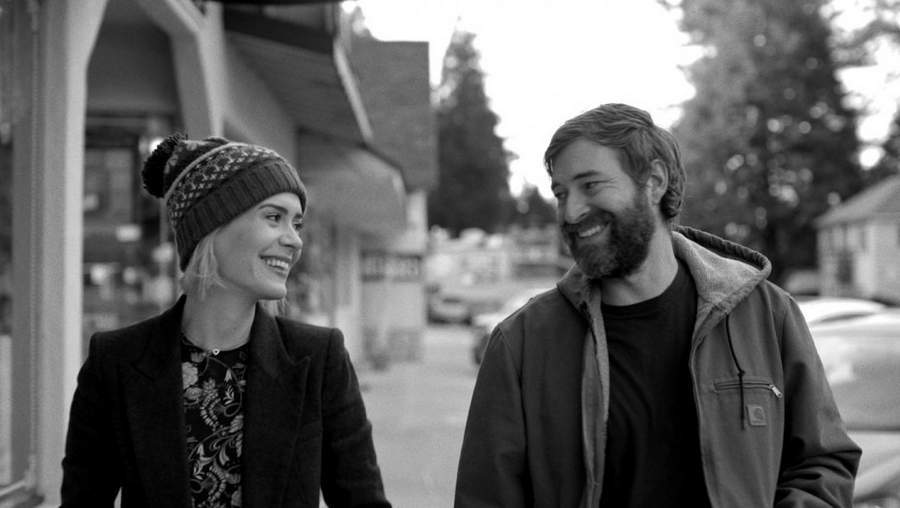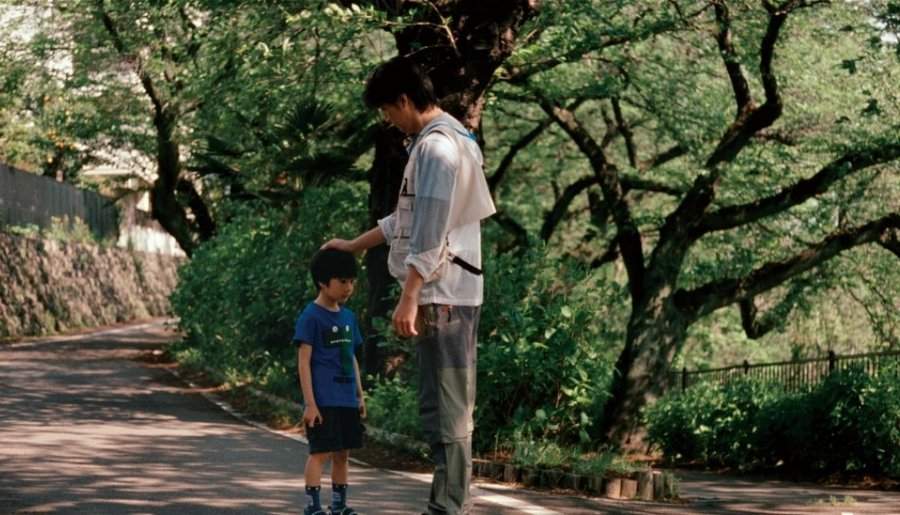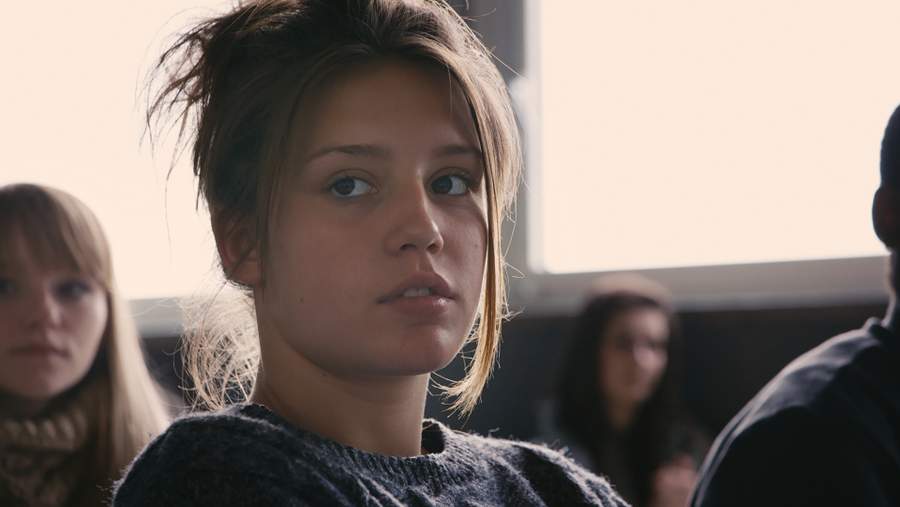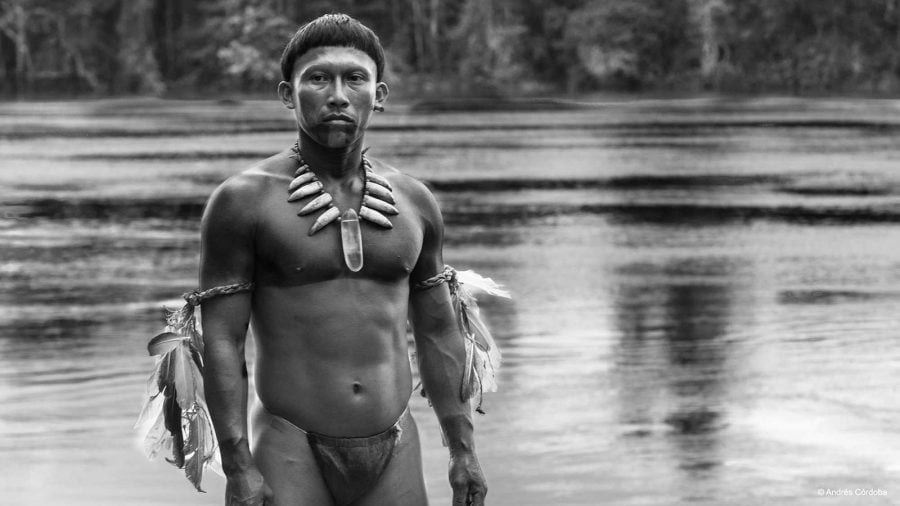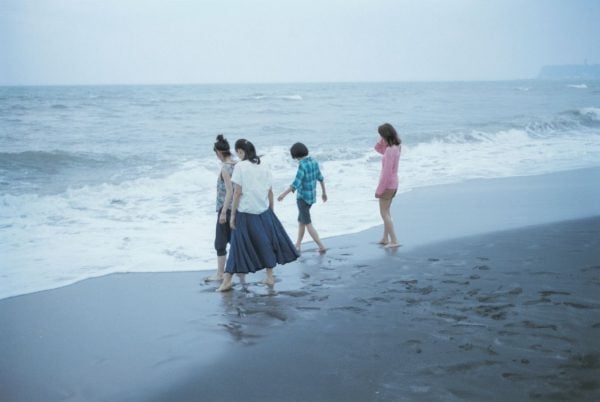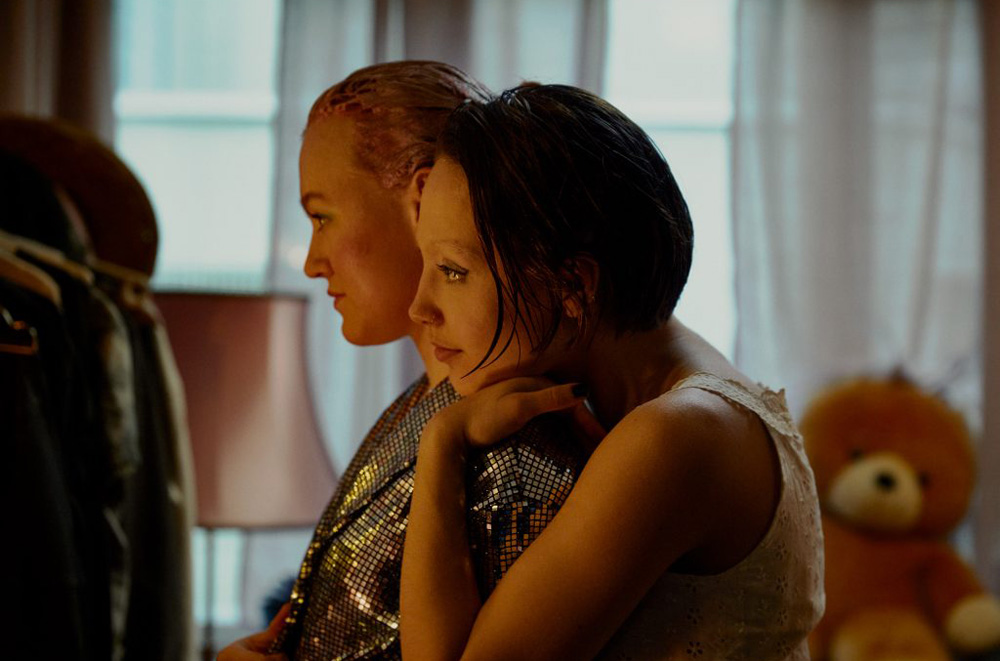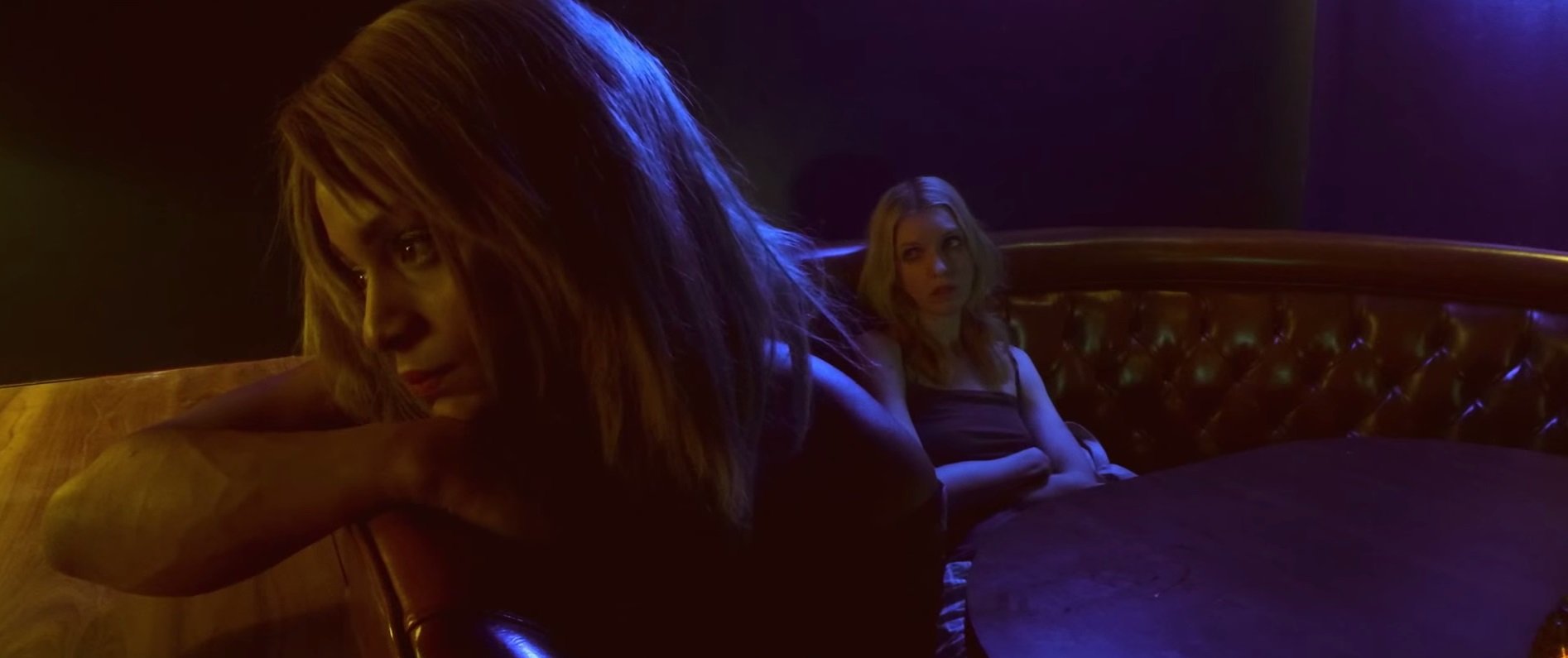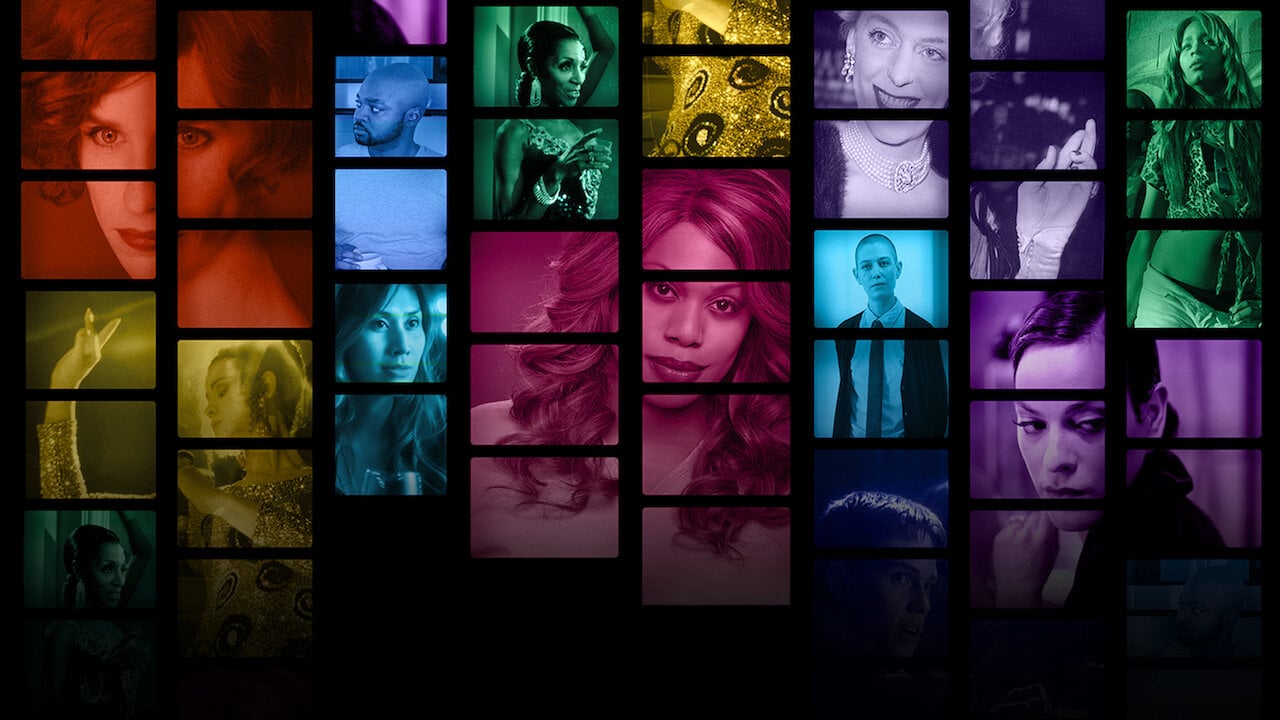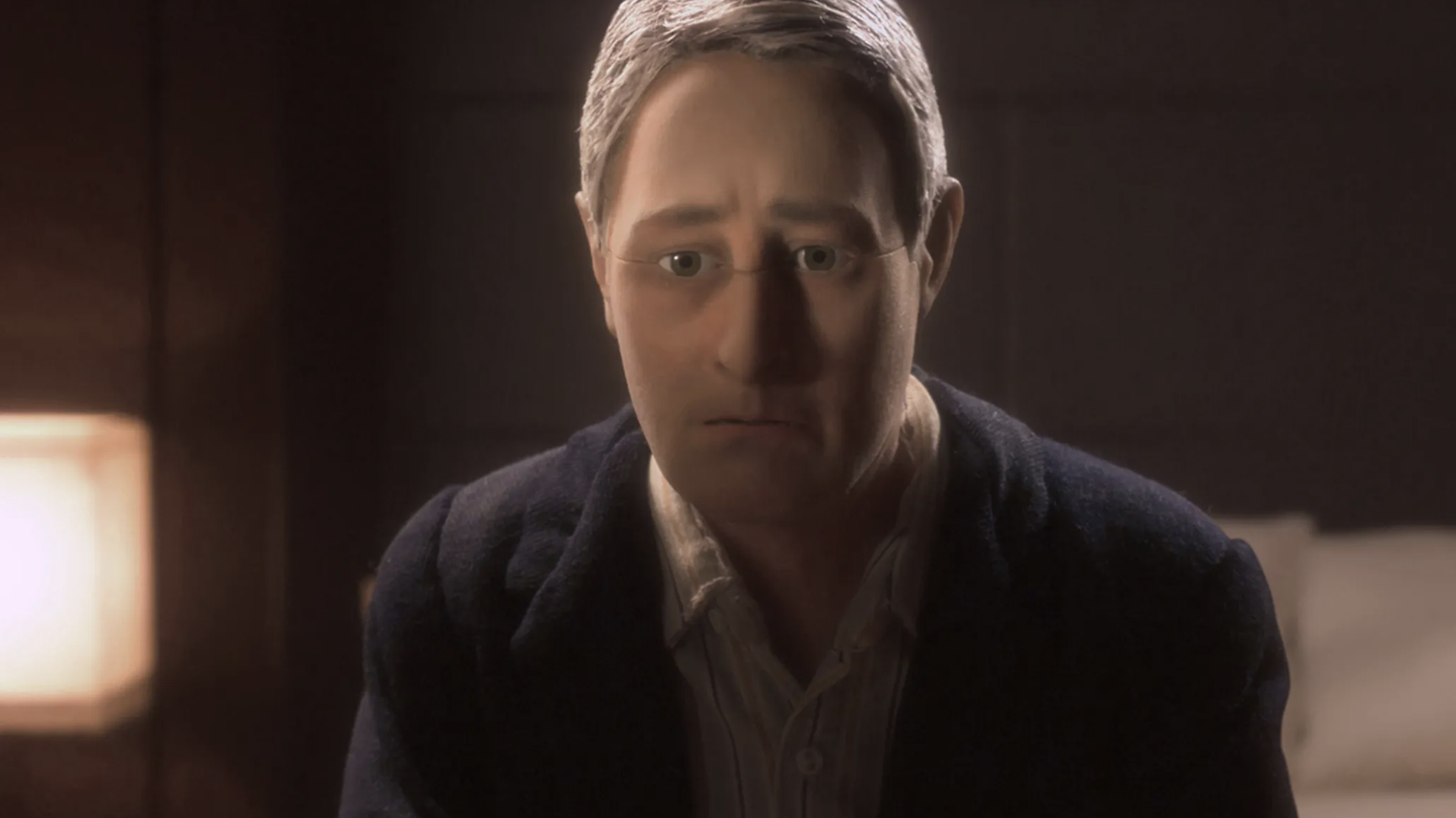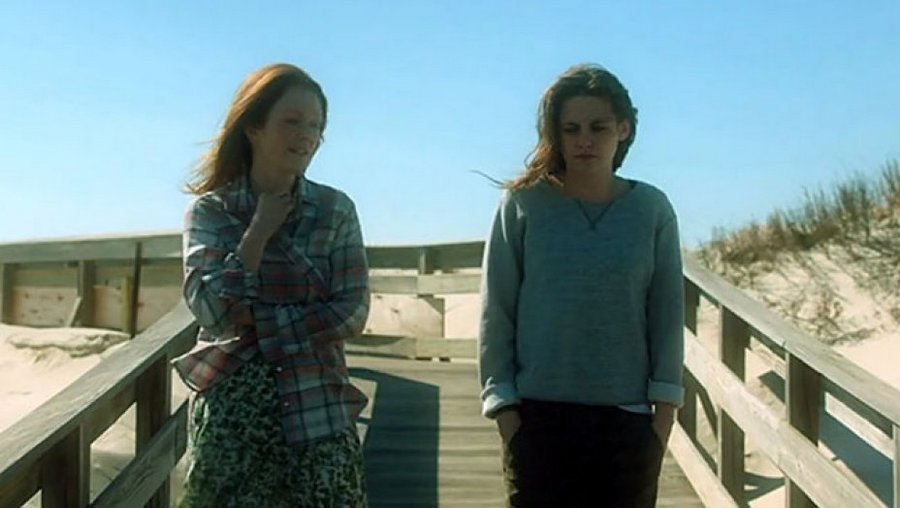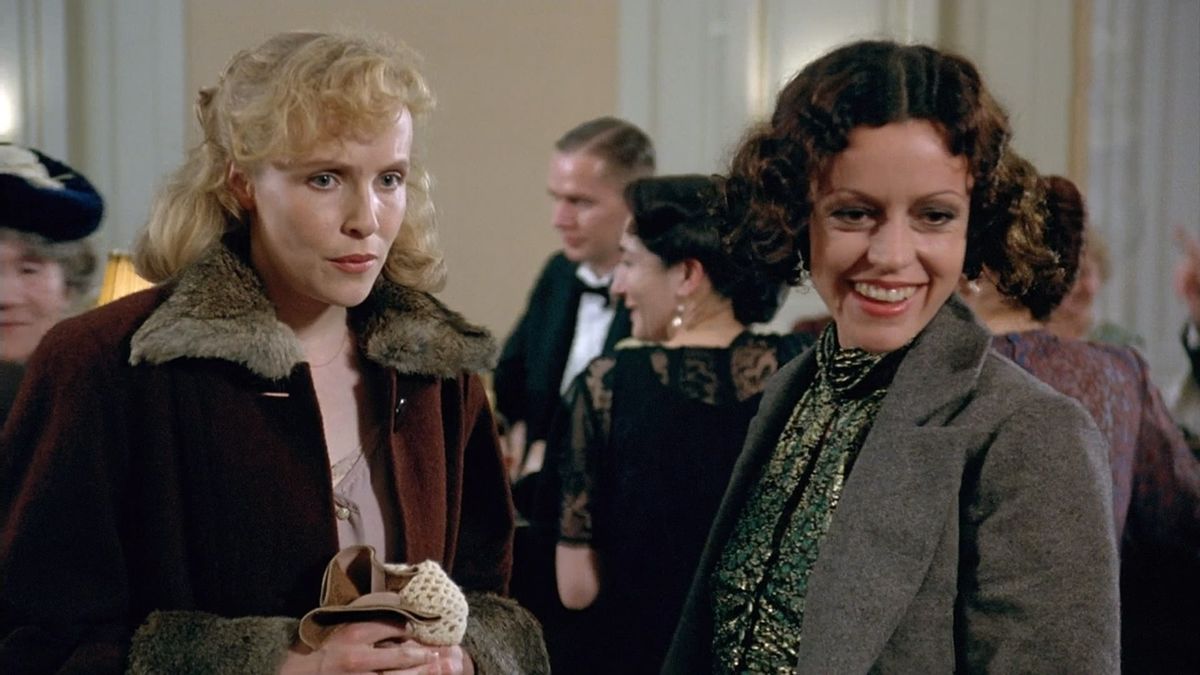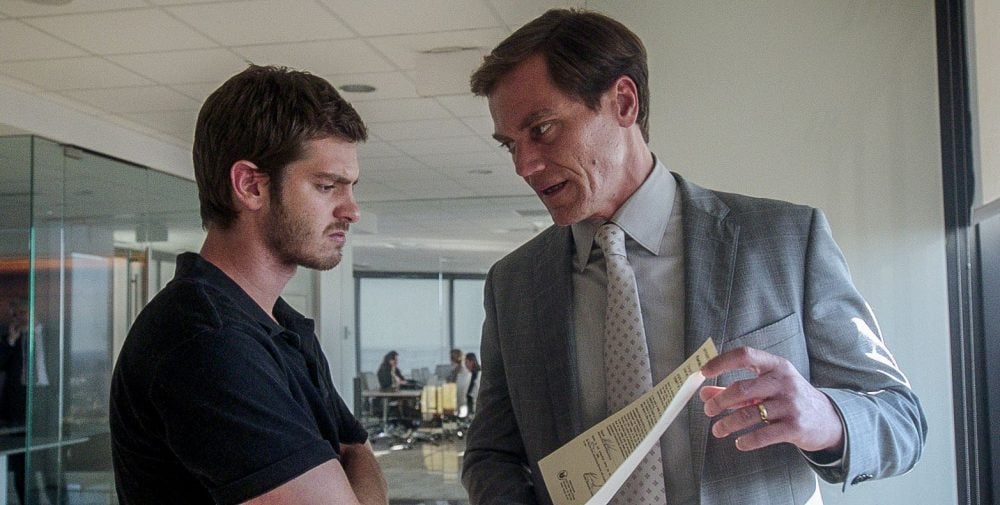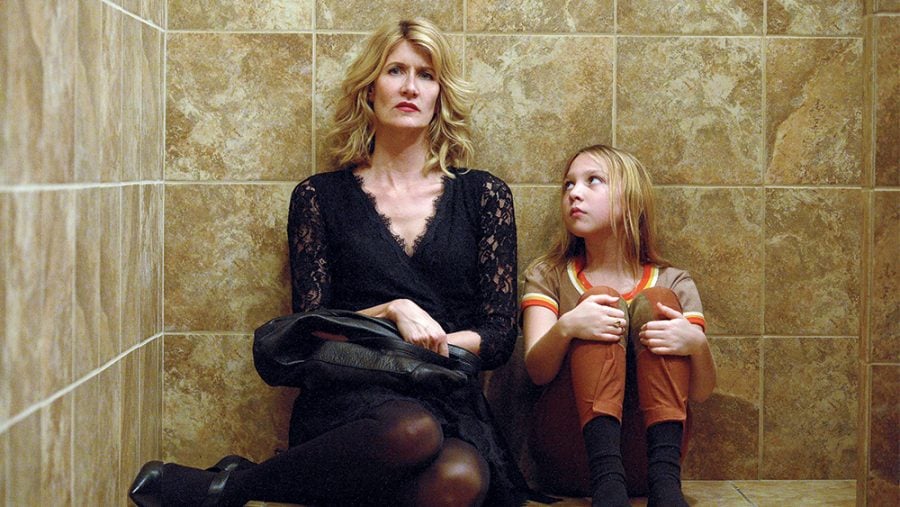If you're a fan of the Beach Boys' legacy, or you want to find out more about Wilson, the person, this movie will give you what you need. It has been widely praised as being true to the facts – even by Bryan Wilson himself. But thanks, in part, to the incredible writing by Oscar-nominated Oren Moverman and the work of director Bill Pohlad, this is much more than a fact-based fictionalization of a famous musician's biography. It is a singularly convincing account of the artistic process and the effects of mental illness.
Love and Mercy tells the tale of two Bryan Wilsons: the first of a young and slightly square-looking musical pioneer in the 1960s, when Wilson was working on Pet Sounds, the Beach Boys' most ambitious and ground-breaking album. Paul Dano's performance here is nothing short of perfect. And, second, the tale of the tormented, middle-aged Bryan Wilson, played by John Cusack, during a time when he was under treatment for his deteriorating mental health in the late 1980s. The juxtaposition of these two very different people and the brilliant performances of Cusack and Dano will completely absorb you and change the way you look at things. A unique and beautiful film!
Genre: Drama, History, Music
Actor: Bill Camp, Brett Davern, Brian Wilson, Carolyn Stotesbery, Dee Wallace, Diana Maria Riva, Dylan Kenin, Elizabeth Banks, Erica Jenkins, Erik Eidem, Erin Darke, Fred Cross, Gary Griffin, Graham Rogers, Haylee Roderick, Jake Abel, Jeff Galfer, Jeff Meacham, Joanna Going, John Cusack, Johnny Sneed, Kenny Wormald, Max Schneider, Misha Hamilton, Nick Gehlfuss, Paul Dano, Paul Giamatti, Ragon Miller, Tyson Ritter, Wayne Bastrup
Director: Bill Pohlad

